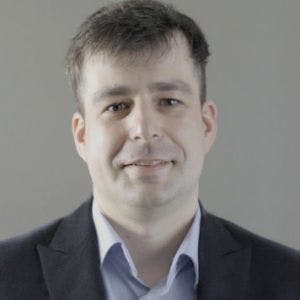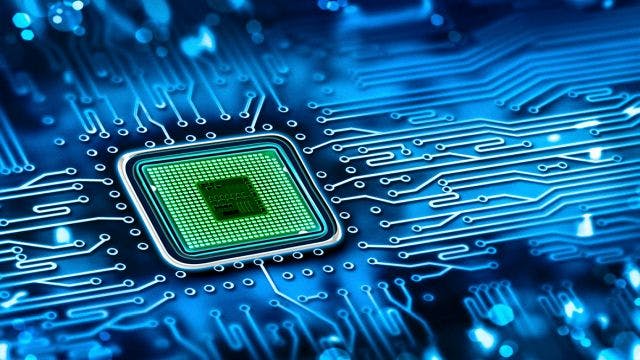Continuous improvements in quality and reduction in early life failures are key goals for semiconductor manufacturers, especially those supporting vehicle electrification applications. Historically, semiconductor companies would deploy early life failure reduction efforts with electrical test or geospatial techniques to reject or test out potential failures. Burn-in and predictive test techniques like part average testing have been around for a long time. Additionally, other geospatial methods such as visual defect screening and algorithmic yield clustering looking for abnormal patterns are used to predict early life failures.
Today the vehicle electrification market has even stricter requirements. In the quest for zero defects, companies must reduce manufacturing errors and variability. Inline thermal resistance measurements add another road to quality for semiconductor companies. Thermal transient testing can measure semiconductor junction temperature responses to short pulses and provide insights to potential manufacturing defects. The technology can reveal inconsistencies in the heat conduction path, quantify their effect on thermal resistance and highlight their location. Problems such as TIM1 or die attach voids or delamination can be found in the fraction of seconds, but problems outside of the package, such as TIM2 quality can be also measured with short pulses.
The speaker will explain how to apply thermal transient testing technology for quality testing and how to evaluate results.
Meet the speaker

Andras Vass-Varnai
Country Portfolio Development Executive
Andras Vass-Varnai obtained his MSc and Ph.D. degrees in electrical engineering at the Budapest University of Technology and Economics. He started his professional career at the MicReD group of Mentor Graphics as an application engineer in 2007. Andras worked for over ten years as a product manager, supporting development projects like the DynTIM or the Powertester instruments. Before starting his current role as a global business development manager at Siemens, Andras worked out of Seoul, Korea, supporting Asian business activities. He is currently working out of Chicago, IL, with a dedicated focus on the US market growth. His main topics of interest include thermal management of electric systems, advanced applications of thermal transient testing, characterization of TIM materials and reliability testing of high-power semiconductor devices.
